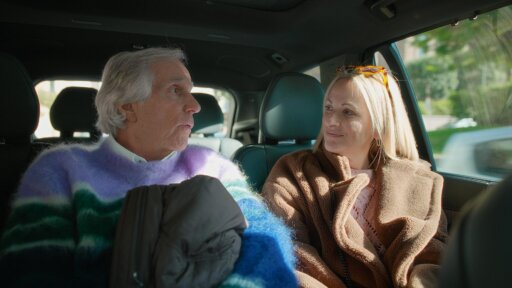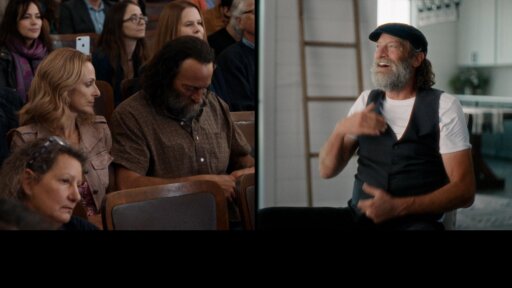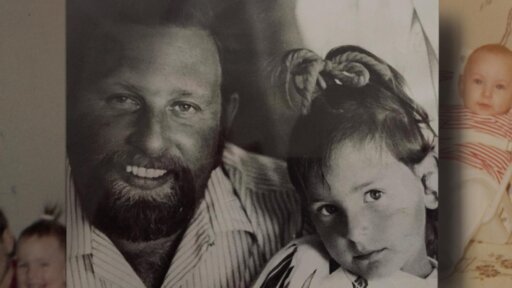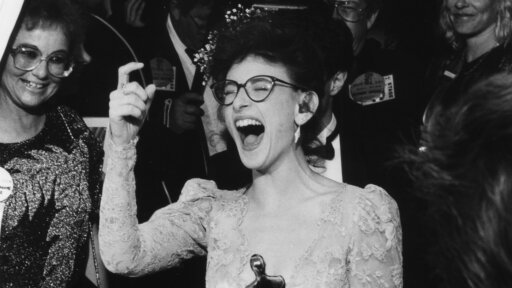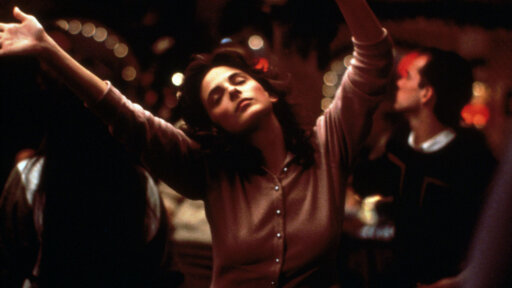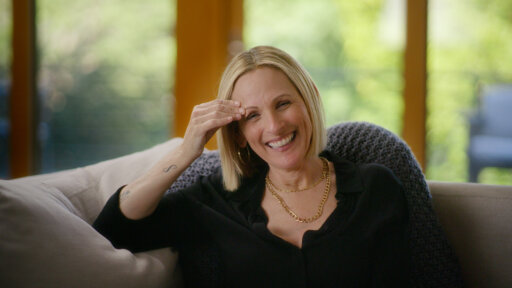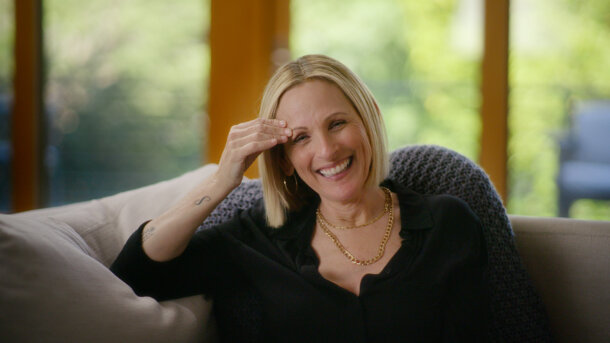 In 1987, at the age of just 21, Marlee Matlin shattered expectations as the first Deaf actor to win an Academy Award for her groundbreaking performance in “Children of a Lesser God.” Catapulted into the spotlight, she seized the moment to challenge an industry unprepared for her immense talent, emerging as a trailblazer not only as a performer but also as an author and activist. Matlin’s incredible journey continued with standout roles in acclaimed projects such as “The West Wing” and the Oscar-winning “CODA,” all while relentlessly advocating for greater inclusion and accessibility both within Hollywood and beyond its borders.
In 1987, at the age of just 21, Marlee Matlin shattered expectations as the first Deaf actor to win an Academy Award for her groundbreaking performance in “Children of a Lesser God.” Catapulted into the spotlight, she seized the moment to challenge an industry unprepared for her immense talent, emerging as a trailblazer not only as a performer but also as an author and activist. Matlin’s incredible journey continued with standout roles in acclaimed projects such as “The West Wing” and the Oscar-winning “CODA,” all while relentlessly advocating for greater inclusion and accessibility both within Hollywood and beyond its borders.
This timeline explores Marlee Matlin’s life and the major milestones in her career.
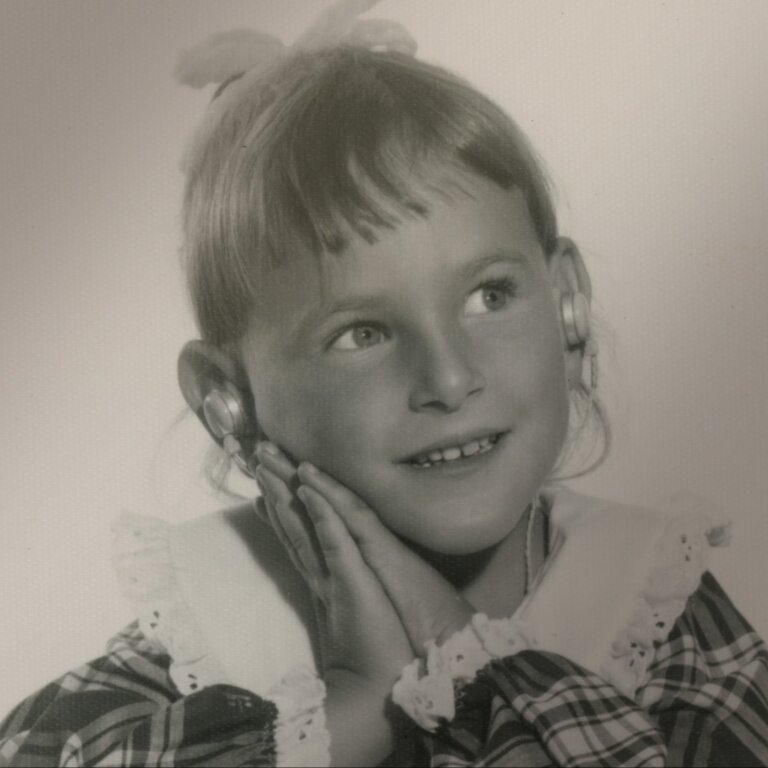
Marlee Matlin is born on August 24, 1965 in Morton Grove, Illinois. At 18 months old, doctors tell her parents that she is Deaf.
At age 5, Marlee starts taking sign language classes with Deaf teacher Dr. Samuel Block. In the early 70s, she attends music camp for Deaf children, which she credits for starting her love of music.
A 7-year-old Marlee plays Dorothy in "The Wizard of Oz" at the International Center on Deafness and the Arts (ICODA) children's theater.
Marlee starts acting at the ICODA theater from ages eight to 15.
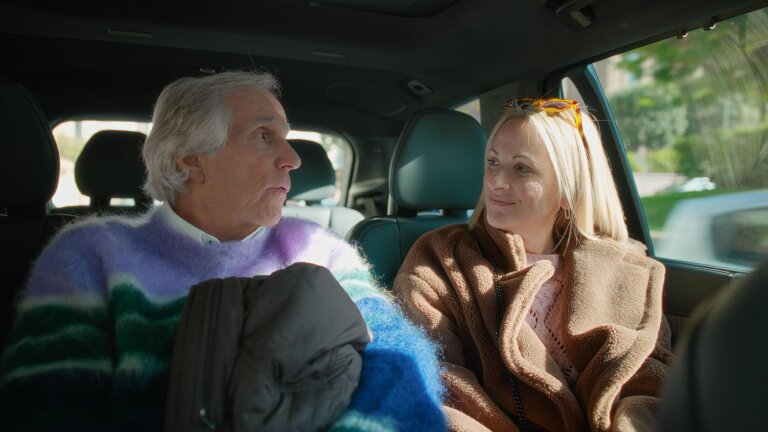
Henry Winkler and his wife Stacy see Marlee in the ICODA Creative Arts festival and become close friends, champions and mentors of hers.
In high school, Marlee drops out of ICODA and first starts using drugs.
Marlee lands her first professional acting job playing Lydia in "Children of a Lesser God" at Immediate Theater Company in Rogers Park, Illinois. She captures the attention of director Randa Haines, who casts her as Sarah in the film adaptation of the play.
Marlee meets Jack for the first time, who will become her interpreter of over 40 years.
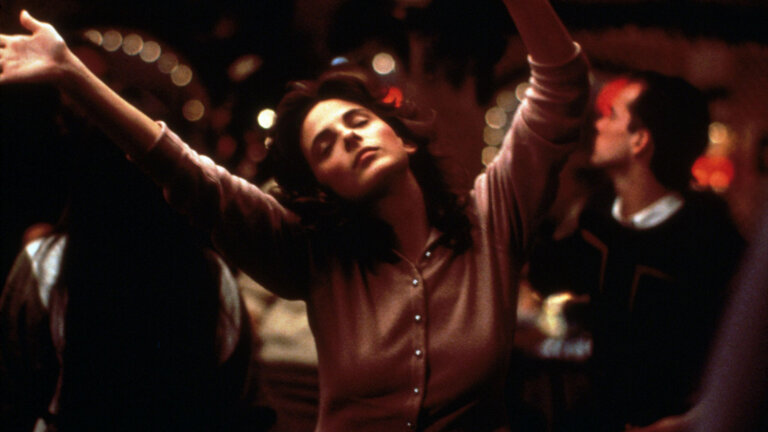
"Children of a Lesser God" is released and well-received.
Marlee checks into rehab at the Betty Ford Center.
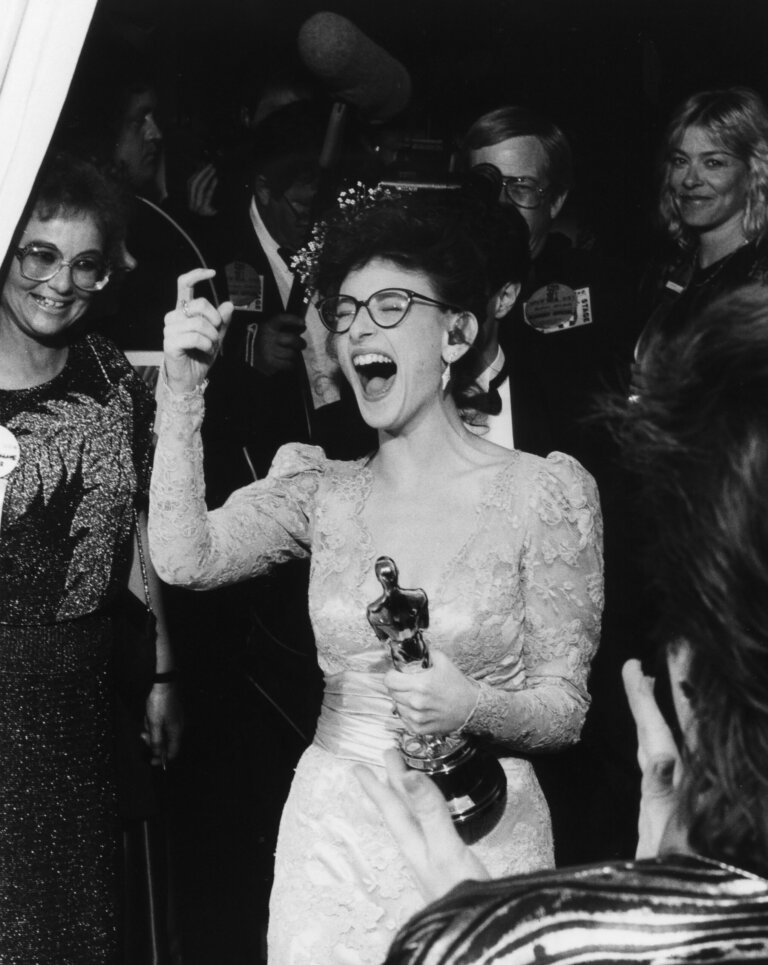
On January 31, Marlee wins the Golden Globe Award for Best Actress in a Motion Picture – Drama for "Children of a Lesser God." On March 30, she also wins the Oscar for Best Actress at the 59th Annual Academy Awards. She is the youngest recipient of that award, and the first Deaf person to win an Oscar.
Marlee receives an honorary doctorate from Gallaudet University.
Marlee becomes the celebrity spokesperson for the National Captioning Institute.
Marlee speaks out on ABC News' Nightline about the "Deaf President Now" protest and the need for a Deaf president at Gallaudet University.
On June 19, Marlee goes to the White House to speak to First Lady Barbara Bush about closed-captioning. She testifies the next day before a Senate Committee to get Congress to pass legislation that would require new TV sets to be equipped with closed-captioning circuitry. On August 2, the Senate passes the Television Decoder Circuitry Act of 1990. The House follows suit on October 1, and President George H. W. Bush signs it into law.
Marlee stars in the police drama "Reasonable Doubts" for two seasons, for which she was nominated in 1992 and 1993 for the Golden Globe Award for Best Actress – Television Series Drama.
Marlee marries Kevin Grandalski, who she met on the set of "Reasonable Doubts," at Henry and Stacey Winkler's home on August 29. Marlee and Kevin have four kids together—Sarah (born January 19, 1996), Brandon (born September 12, 2000), Tyler (born July 18, 2002), and Isabelle (born December 26, 2003).
Marlee is nominated for an Emmy for her guest role in "Seinfeld" (1989-1998).
Marlee is nominated for an Emmy for her guest appearance in the TV series "Picket Fences" (1992-1996).
Marlee is recognized for her work on closed-captioning with the Innovator Award at the Diversity Awards.
Marlee receives the President's Service Award from President Bill Clinton.
Marlee is nominated for an Emmy for a guest role in the TV series "The Practice" (1997-2004).
Marlee appears in 17 episodes of "The West Wing" (1999-2006).
Marlee publishes her first children's book, "Deaf Child Crossing."
Marlee is nominated for an Emmy for a guest role in "Law & Order: SVU" (1999-present).
Marlee appears in 29 episodes of "The L Word" (2004-2009).
Marlee receives a Hollywood Walk of Fame Star.
On April 14, 2009, Marlee publishes her autobiography, "I'll Scream Later."
Marlee fights for streaming and online video to include closed captioning. She works with the National Association of the Deaf (NAD) to send Congress a letter demanding that streaming sites offer closed captioning. It takes a lawsuit from NAD filed against Netflix for the FCC to finally get involved. Netflix settles the suit by agreeing to caption all its shows by 2014. Now that captioning is a requirement for all streaming sites, Matlin has turned her attention to creating more accurate captions. In 2014, the FCC outlines new rules requiring improved accuracy in closed captioning over the next 10 years.
Marlee appears in 46 episodes of the TV series "Switched at Birth" (2011-2017).
Marlee appears in seven episodes of "Family Guy" (1999-present).
In 2014, Marlee receives the Henry Viscardi Achievement Award for disability advocacy. The award recognizes "exemplary leaders within the global disability community and their extraordinary societal contributions."
Marlee makes her Broadway debut in the "Spring Awakening" revival on Broadway (2015).
Marlee becomes an ACLU ambassador for Disability Rights, specifically focusing on bridging the gap between law enforcement and the Deaf community.
Marlee appears in 13 episodes of "Quantico" (2015-2018).
Marlee supports the efforts of the National Association of the Deaf (NAD) in requiring the White House to provide onscreen sign language interpreters at press conferences.
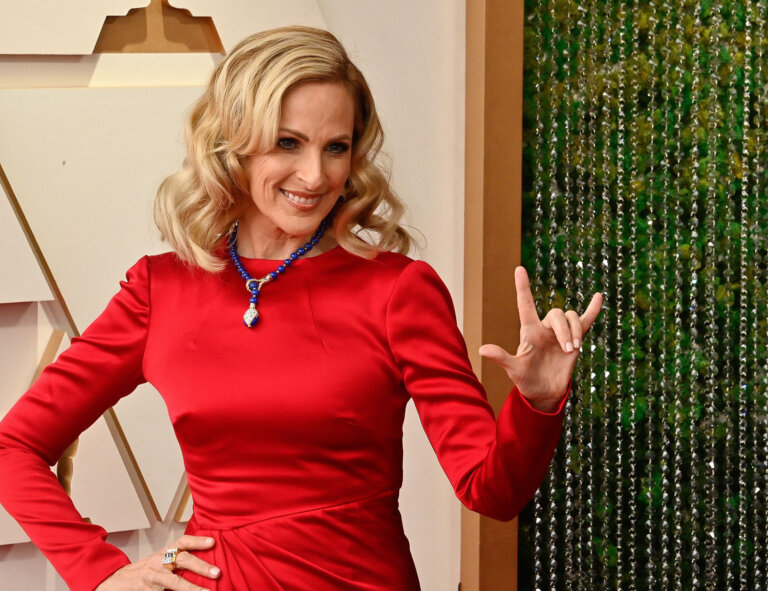
Marlee has a starring role in the film "CODA," which wins several awards, including Outstanding Performance by a Cast at the SAG Awards in 2022 and Best Picture at the Academy Awards in 2022.
Marlee serves on the 2023 Sundance Film Festival jury and walks out of a premiere with fellow jurors when captioning isn't properly provided for the screening. Marlee and her fellow jurors send letter to the filmmakers about making their films accessible.
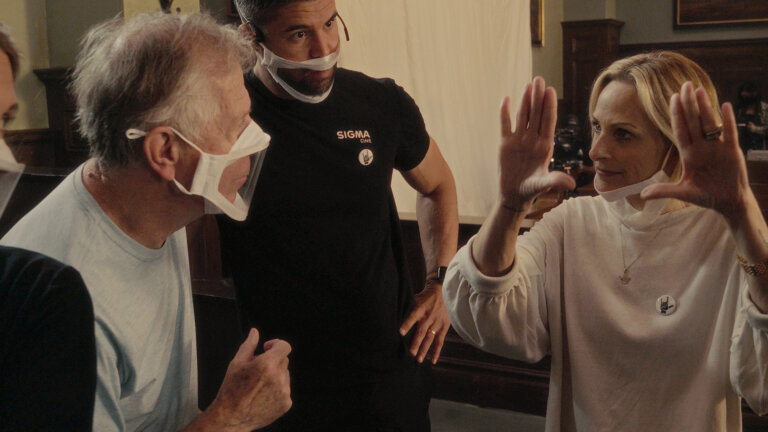
Marlee makes her directorial debut with the second episode of crime anthology series, "Accused" (2023-2024).

